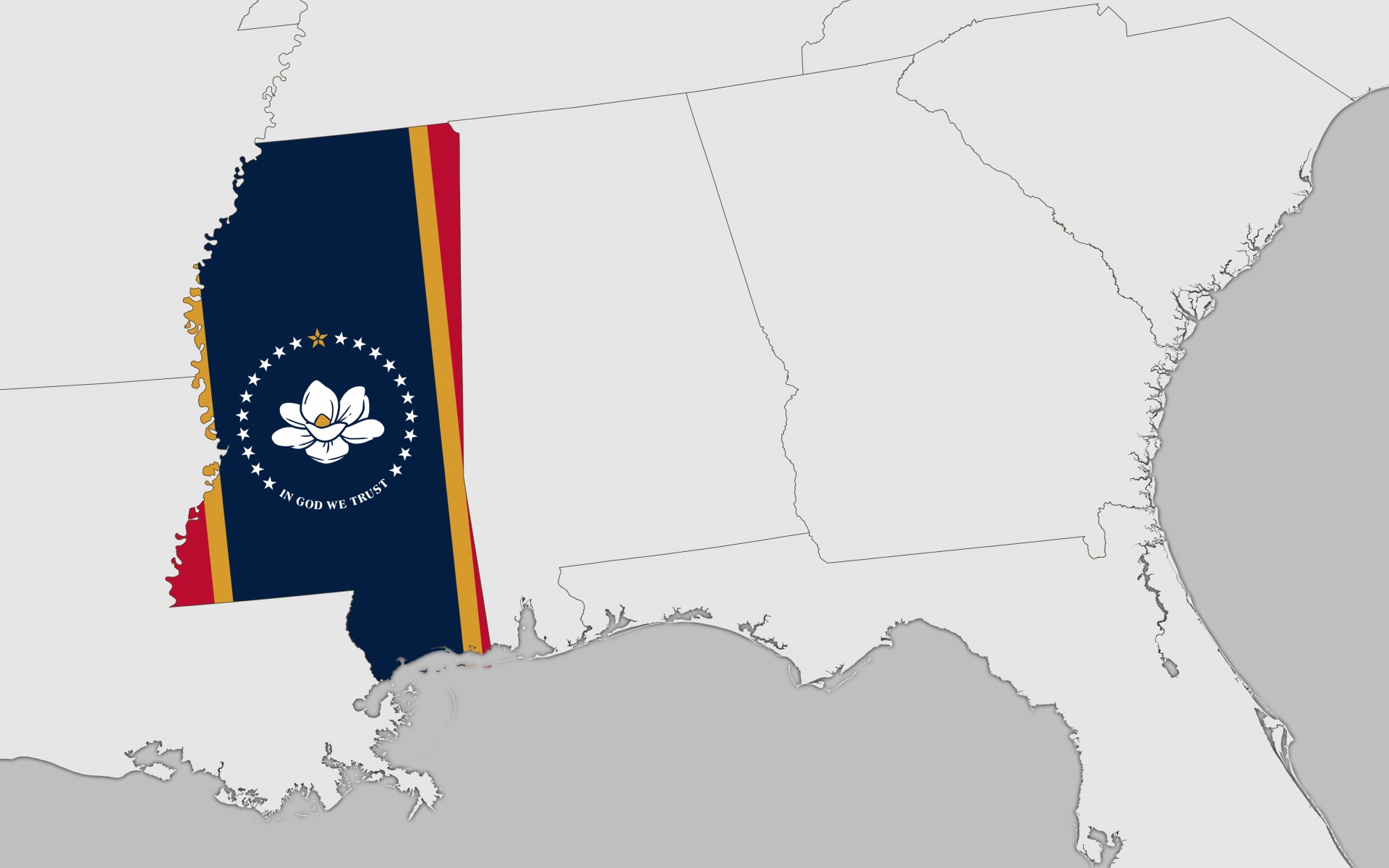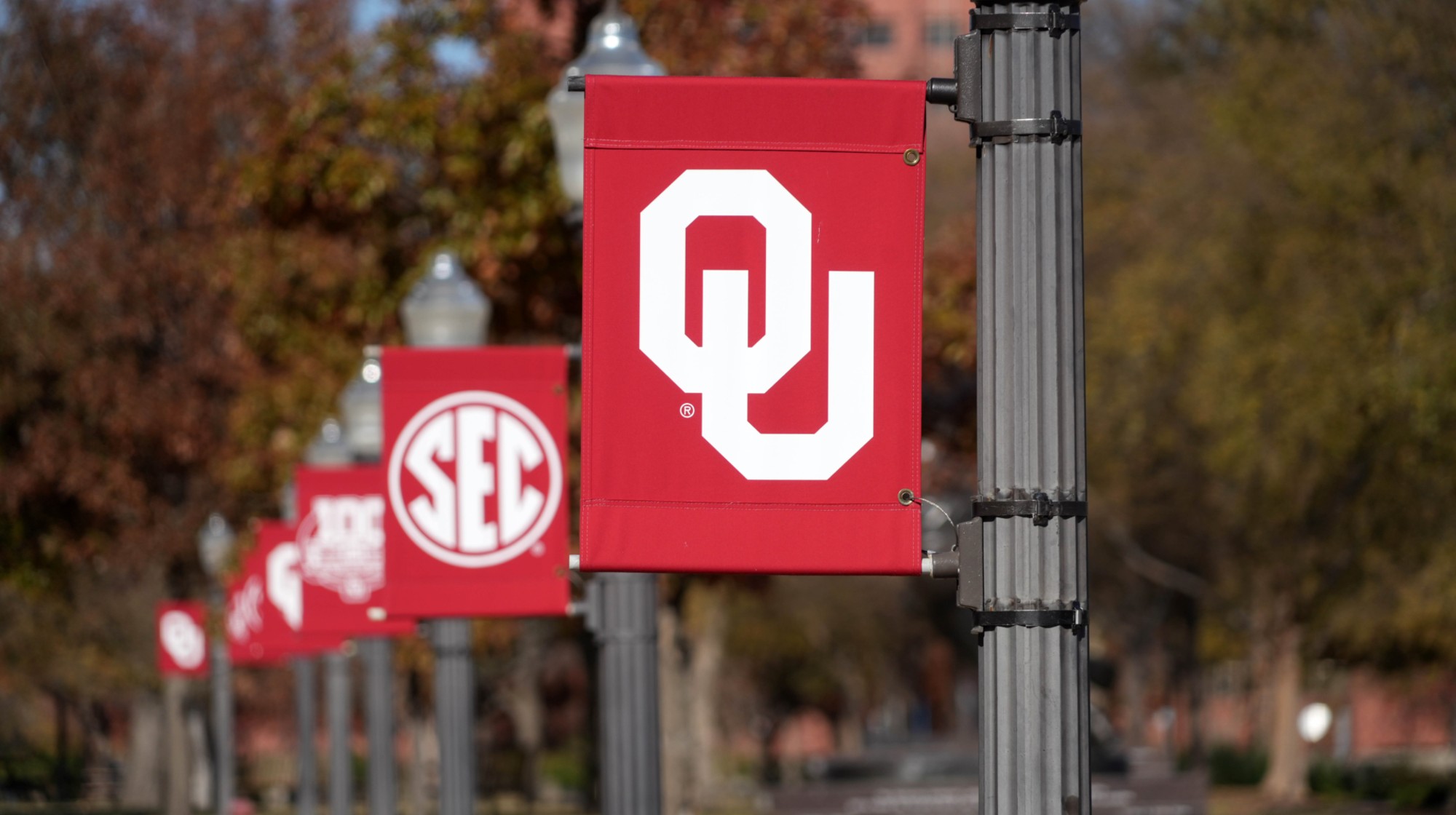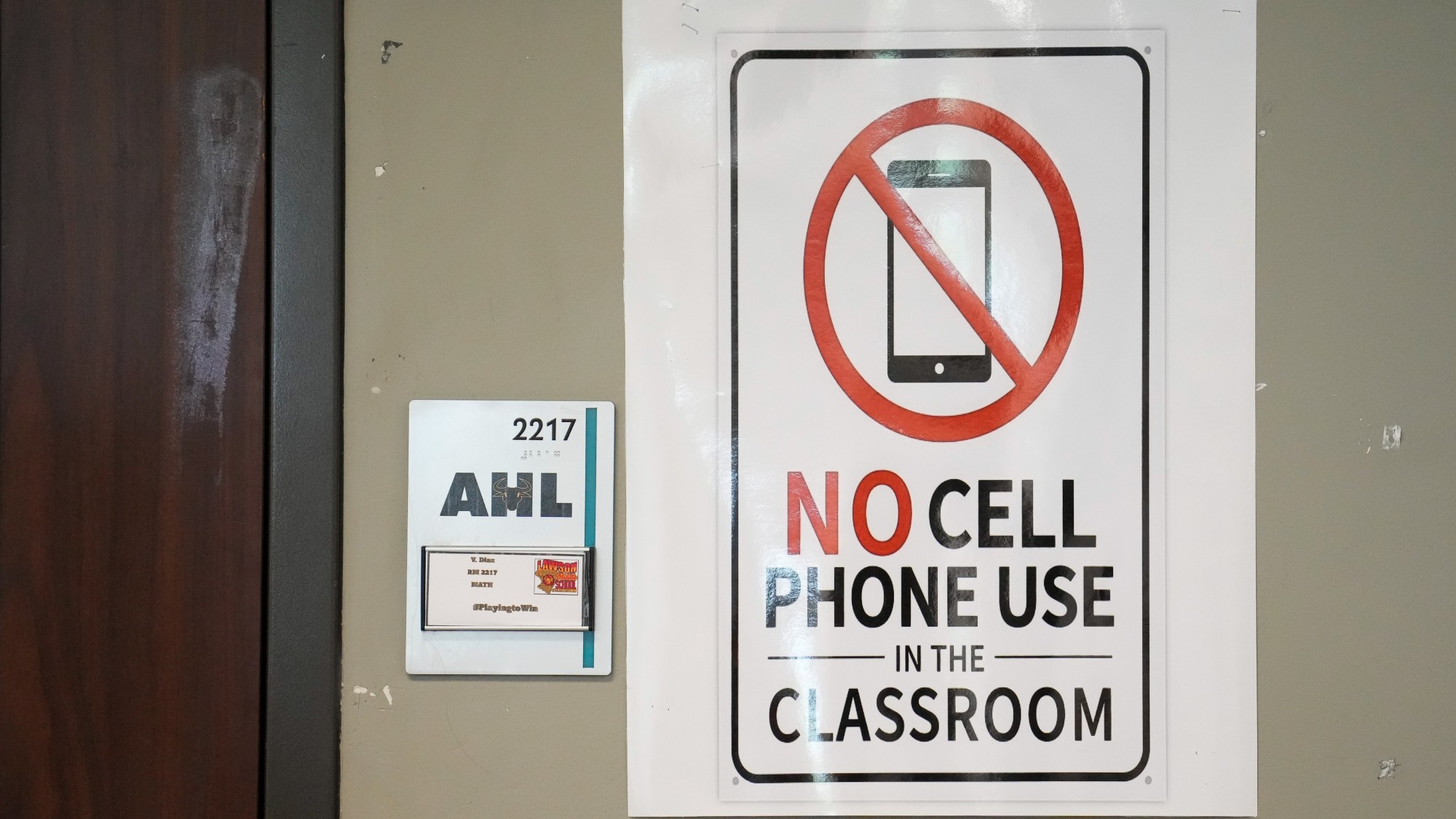Anti-Israel protests impact a Jewish-rooted university
The president of Brandeis University resigned as a result of multiple factors, including his handling of recent protests


A free daily email with the biggest news stories of the day – and the best features from TheWeek.com
You are now subscribed
Your newsletter sign-up was successful
Anti-Israel protests on college campuses have been ongoing since the Israel-Hamas war began, and now the backlash has landed at an unlikely destination: Brandeis University. The president of Brandeis, Ronald Liebowitz, announced that he is resigning his position effective Nov. 1, following a vote of no confidence from the school's board. While budgeting issues were the main reason for the vote, Liebowitz's handling of anti-Israel, pro-Palestine protests on Brandeis' campus was also cited as a major factor for his ousting.
The fact that anti-Israel protests were prevalent at Brandeis may be surprising to some, given that it is a historically Jewish university. While Brandeis is officially secular, it was founded by Jews and implements a "set of values that are rooted in Jewish history and experience," according to the university. It is estimated that about a third of the school's students are Jewish. But this has not made the Waltham, Massachusetts, school immune to the ongoing controversy around the Middle East conflict.
What led to the controversy?
As the anti-Israel protests began at Brandeis, Liebowitz announced the university would "cut ties with the campus chapter of the Students for Justice in Palestine (SJP)," and a "pro-Palestinian demonstration also led to the arrests of seven people last fall," said The New York Times. This was a "surprising development on a campus known for its vibrant history of campus dissent." Brandeis has historically seen anti-war protests during major conflicts like the Vietnam War.
The Week
Escape your echo chamber. Get the facts behind the news, plus analysis from multiple perspectives.

Sign up for The Week's Free Newsletters
From our morning news briefing to a weekly Good News Newsletter, get the best of The Week delivered directly to your inbox.
From our morning news briefing to a weekly Good News Newsletter, get the best of The Week delivered directly to your inbox.
As part of the cutting of ties with the SJP, it was announced that "students wishing to express support for Palestinian rights could form new student organizations in compliance with university policies," said The Jerusalem Post. The moving away from SJP was an effort to "provide an environment free of harassment and Jew-hatred," said the Times. This all led to a split among faculty at the school, as the "Brandeis chapter of SJP called the decision 'racist,' accusing the university of silencing their voices, while university officials reiterated their commitment to maintaining a safe environment for all students," said the Post.
This marks a shift for Brandeis, which "was one of two U.S. colleges last spring to receive an 'A' grade in the Anti-Defamation League's 'Campus Antisemitism Report Card,'" said Boston.com.
It should be noted that there were other factors involved in Liebowitz's no-vote; "mismanagement, the elimination of 60 staff positions, the restructuring of its doctoral programs and social policy programs, crumbling infrastructure, and fund-raising deficits" all played a role, said the Times. His handling of the protests, though, appeared to be the major force.
What is the bigger picture?
Liebowitz has become the "latest example of university presidents forced from office in part because of their handling of campus strife over the war," said Forbes. This has happened at Harvard University, Columbia University and the University of Pennsylvania. Liebowitz's decision to resign is "consistent with a trend revealed in other instances of no-confidence votes against college presidents."
A free daily email with the biggest news stories of the day – and the best features from TheWeek.com
There has been a "new dynamic in campus Israel activism in the United States," said The Times of Israel, and the incidents at Brandeis may be indicative of this. There are continued controversies on both sides of the issue, but "unlike in Europe, no university in the United States has yet opted to divest from Israel." Notably, Wesleyan University, the University of Minnesota, the University of Michigan and the University of Virginia have all resisted calls to divest from Israel.
Justin Klawans has worked as a staff writer at The Week since 2022. He began his career covering local news before joining Newsweek as a breaking news reporter, where he wrote about politics, national and global affairs, business, crime, sports, film, television and other news. Justin has also freelanced for outlets including Collider and United Press International.
-
 Political cartoons for February 12
Political cartoons for February 12Cartoons Thursday's political cartoons include a Pam Bondi performance, Ghislaine Maxwell on tour, and ICE detention facilities
-
 Arcadia: Tom Stoppard’s ‘masterpiece’ makes a ‘triumphant’ return
Arcadia: Tom Stoppard’s ‘masterpiece’ makes a ‘triumphant’ returnThe Week Recommends Carrie Cracknell’s revival at the Old Vic ‘grips like a thriller’
-
 My Father’s Shadow: a ‘magically nimble’ film
My Father’s Shadow: a ‘magically nimble’ filmThe Week Recommends Akinola Davies Jr’s touching and ‘tender’ tale of two brothers in 1990s Nigeria
-
 American universities are losing ground to their foreign counterparts
American universities are losing ground to their foreign counterpartsThe Explainer While Harvard is still near the top, other colleges have slipped
-
 How Mississippi moved from the bottom to the top in education
How Mississippi moved from the bottom to the top in educationIn the Spotlight All eyes are on the Magnolia State
-
 Oklahoma fires instructor over gender essay grade
Oklahoma fires instructor over gender essay gradeSpeed Read
-
 Education: More Americans say college isn’t worth it
Education: More Americans say college isn’t worth itfeature College is costly and job prospects are vanishing
-
 How will new V level qualifications work?
How will new V level qualifications work?The Explainer Government proposals aim to ‘streamline’ post-GCSE education options
-
 England’s ‘dysfunctional’ children’s care system
England’s ‘dysfunctional’ children’s care systemIn the Spotlight A new report reveals that protection of youngsters in care in England is failing in a profit-chasing sector
-
 The pros and cons of banning cellphones in classrooms
The pros and cons of banning cellphones in classroomsPros and cons The devices could be major distractions
-
 School phone bans: Why they're spreading
School phone bans: Why they're spreadingFeature 17 states are imposing all-day phone bans in schools
